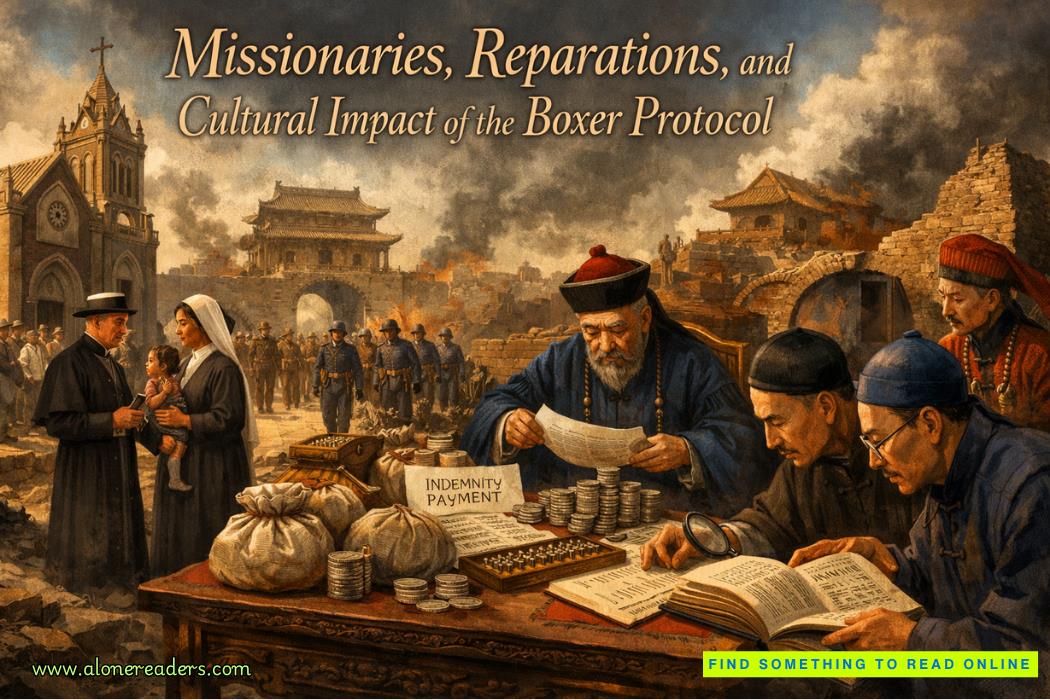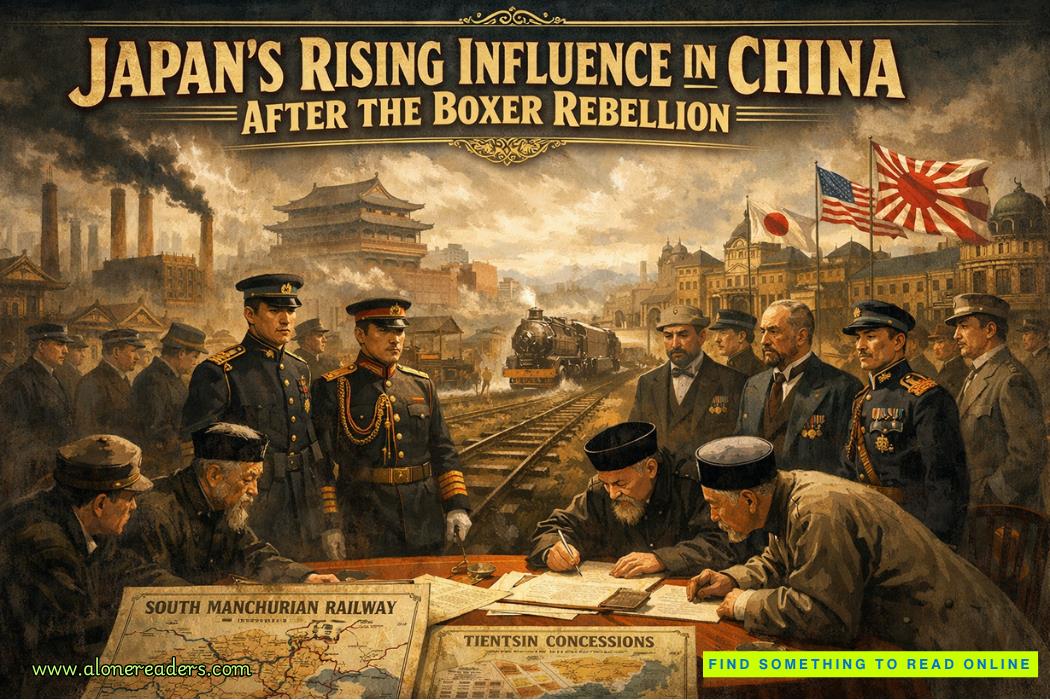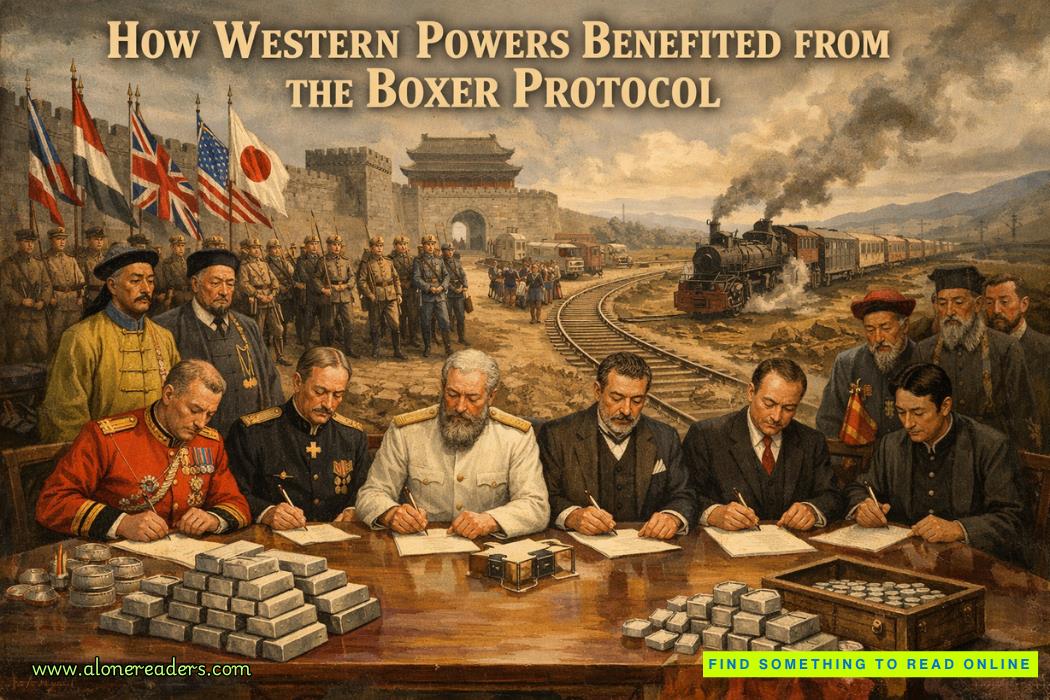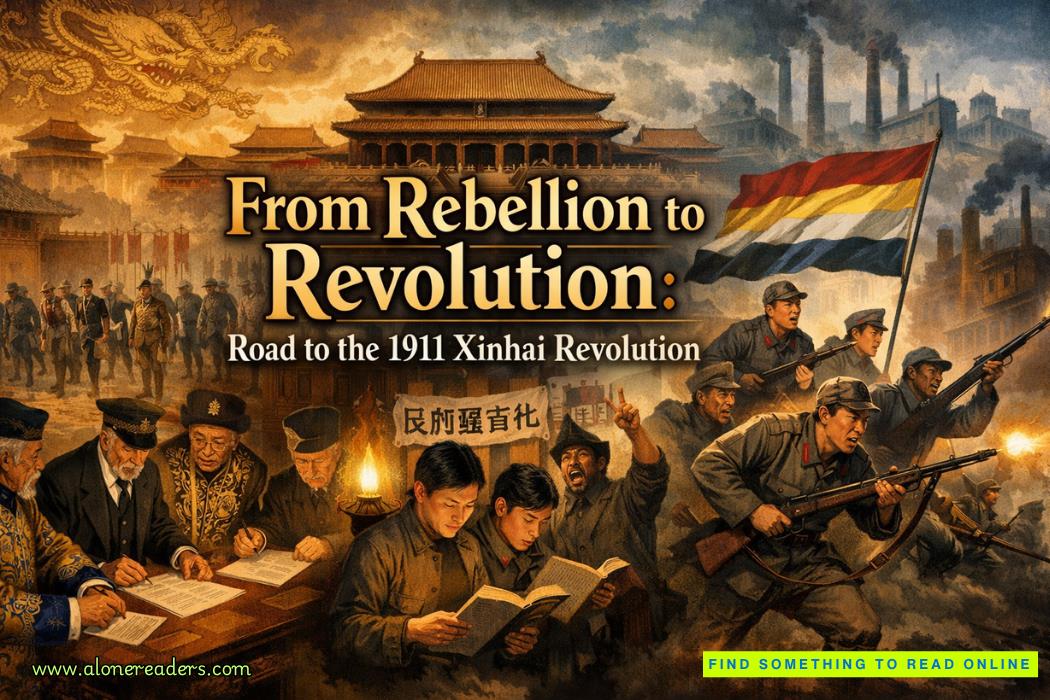"I'm Adrienne Walsh, Air Force," the woman said crisply. "This is my fiancé Fletcher Barnes, Army. We've been engaged for eighteen months and believe our military training gives us the discipline and teamwork necessary to win this race."
"Failure is not an option," Fletcher added with the kind of intensity that suggested he'd never met a challenge he couldn't overcome through sheer determination.
Next came two men who could have stepped off the pages of a fitness magazine—chiseled jawlines, perfectly styled hair, and the kind of casual confidence that suggested they'd never doubted their own appeal.
"I'm Alex Dominguez," the taller one said with a practiced smile. "This is my best friend and modeling partner, Ross Mitchell. We've been working together for five years, traveling the world for shoots, so we know how to handle pressure and look good doing it."
"Plus, we're in peak physical condition," Ross added, flexing slightly. "This race is basically an extended photo shoot with prizes."
The introductions continued around the table. Two women with distinct Southern accents and perfectly coordinated outfits introduced themselves as Gemini and Blaine—sorority sisters from the University of Alabama who'd been best friends since rush week.
"Y'all might think we're just pretty faces," Gemini drawled, "but we've been planning events and managing crisis situations for our chapter for years. We know how to think on our feet."
A pair of middle-aged men in work shirts and jeans went next. Both were built like linebackers, with broad shoulders and powerful hands. The kind of practical strength that came from years of physical labor.
"I'm George Patterson, this is my best friend Ernie Williams," the bearded one said. "We've been collecting garbage in Detroit for twenty years. People might underestimate us, but we know how to work hard, work smart, and work together."
Two young men who looked like they'd stepped out of a lifestyle blog introduced themselves as Tyler and Brandon—friends since college who'd bonded over their shared love of travel and adventure. Unlike some of the romantic couples, their dynamic seemed more relaxed, built on friendship.
"We're here to prove that sometimes the best partnerships aren't romantic ones," Tyler explained. "We've backpacked through Europe, gone on spontaneous road trips, and we communicate like we share a brain."
The parade of introductions revealed professors, doctors, food truck owners, a mother-son team, and a pair of social media influencers who looked barely old enough to drink. We were particularly impressed with Desiree and Cherisse, a pair of NBA wives who had reality TV experience—we’d even watched their series.
When it came to our turn, I felt Ray's knee brush against mine under the table—a brief touch of solidarity before we faced the scrutiny of our competitors and the cameras.
"I'm Jeffrey Morgan, and this is my husband Ray Carter," I began, my voice steadier than I felt. "We've been together for twenty-five years, married for fifteen, and we're here because..."
I glanced at Ray, seeing him nod encouragingly.
"Because we need to remember how to be partners again, not just roommates."
As dinner progressed, I found myself drawn into conversation with George, one of the garbage collectors. He was surprisingly well-read and insightful, challenging my preconceptions with every word.
“Most people think it’s just a dirty job,” he said when I asked about his work. “But it’s fascinating from an anthropological perspective. You can learn everything about a neighborhood from what they throw away.”
Across the table, Ray was engaged in an animated discussion with Vivian and Walter, a pair of professors, about their favorite hiking trails in the American Southwest.
“You’ve done Angels Landing?” Ray asked, impressed. “That’s a serious hike even for experienced climbers.”
“Age is just a number, young man,” Vivian replied with a wink. “Walter and I may be in our seventies, but we’ve been making up for lost time.”
By the end of dinner, alliances and rivalries were already forming. The military couple kept to themselves, eyeing everyone with barely disguised competitiveness. The sorority sisters had befriended the male models, giggling at their stories. And Ray and I had somehow formed an easy camaraderie with both the garbage collectors and the professors.
The doctors, Anika and Raj, looked allied with the mother and son, Keisha and Lamar, as well as the food truck owners, Jenny and Carlos.
“Early day tomorrow,” Miranda announced as our dessert plates were cleared away. “Everyone back to your rooms by nine. Call time is 4:30 a.m.”
Back in our hotel room, Ray and I went through our pre-race checklist one final time. Proper shoes, moisture-wicking clothes,the minimal toiletries allowed by production, our passports securely in their waterproof pouches.
The next morning dawned way too early, but I sucked it up. I hoped there would be a lot more early mornings ahead.
We lined up at a bus outside the hotel where Miranda handed out blindfolds. I tried to imagine what turns we were taking but it was impossible. When we pulled to a stop and Miranda told us we could take off our blindfolds, I was delighted to see the weathered limestone walls of the Ancient Spanish Monastery.
Delicate stone archways framed a courtyard where medieval monks had once walked in silent contemplation, while towering palm trees—incongruously tropical against the Romanesque architecture—cast long shadows across the worn flagstones.
The juxtaposition of the 12th-century European cloister against Florida’s vibrant greenery created a surreal, timeless setting, as if we were standing at the intersection of multiple worlds—fitting for a race that would soon send us across continents.
I looked at Ray and we fist-bumped. It was six AM and the sun was rising as we were instructed to leave our backpacks in the parking lot. Then we were led to the back of the property.















